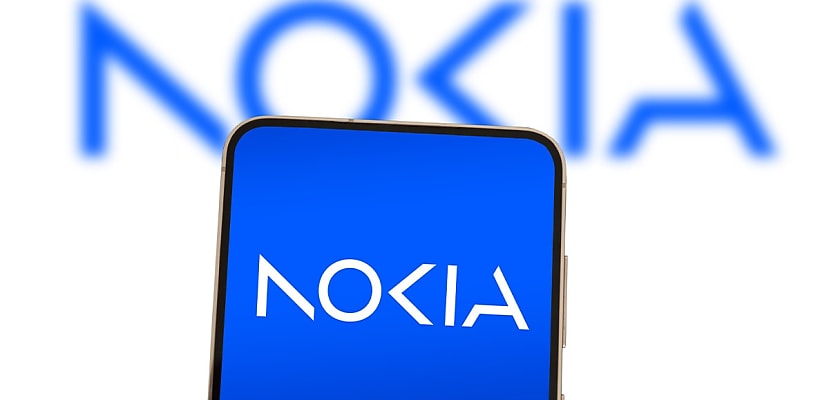Share this article on:
Powered by MOMENTUMMEDIA
Breaking news and updates daily.
Nokia has confirmed a data breach after one of its third-party providers was breached by notorious threat actor IntelBroker.

Last week, IntelBroker, leader of the CyberN-----s threat group, posted on a popular hacking forum claiming to be selling data it exfiltrated from a Nokia third-party contractor.
“Today, I am selling a large collection of Nokia source code, which we got from a 3rd party contractor that directly worked with Nokia to help aid their development of some internal tools,” the threat actor said.
Nokia initially said it “found no evidence” of its systems being impacted but began investigating.
Now, IntelBroker has published the stolen data after it said that Nokia “denied the claims” of a cyber attack.
“In this breach you will find a lot of Nokia related source code, which they lend out to their customers, as you’ll see mentions of popular ISP and internet providers mentioned,” IntelBroker said.
IntelBroker reaffirmed that the data was stolen from a third party of Nokia.
Speaking with BleepingComputer, Nokia confirmed the incident but maintained that its own systems had not been breached.
“Our investigation has found no evidence of any of our systems or data being impacted. Our investigations point to a third-party security incident, related to a single customised software application,” said Nokia.
“We have found no evidence that this third-party incident would in any way endanger critical Nokia systems or data, including source code, customised software, or encryption keys. Our customers are in no way impacted, including their data and networks.”
The source code stolen also doesn’t contain any Nokia source code, but it is for an application developed by the third party. The application reportedly only functions on one network and not outside.
IntelBroker reportedly told BleepingComputer that the breach was conducted after the threat actor accessed an insecure SonarQube server. Through this, it downloaded data belonging to a number of major organisations, including Nokia.
IntelBroker also confirmed that the incident was not a result of the Cisco breach.

Be the first to hear the latest developments in the cyber industry.